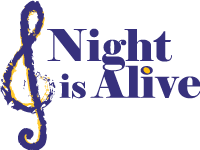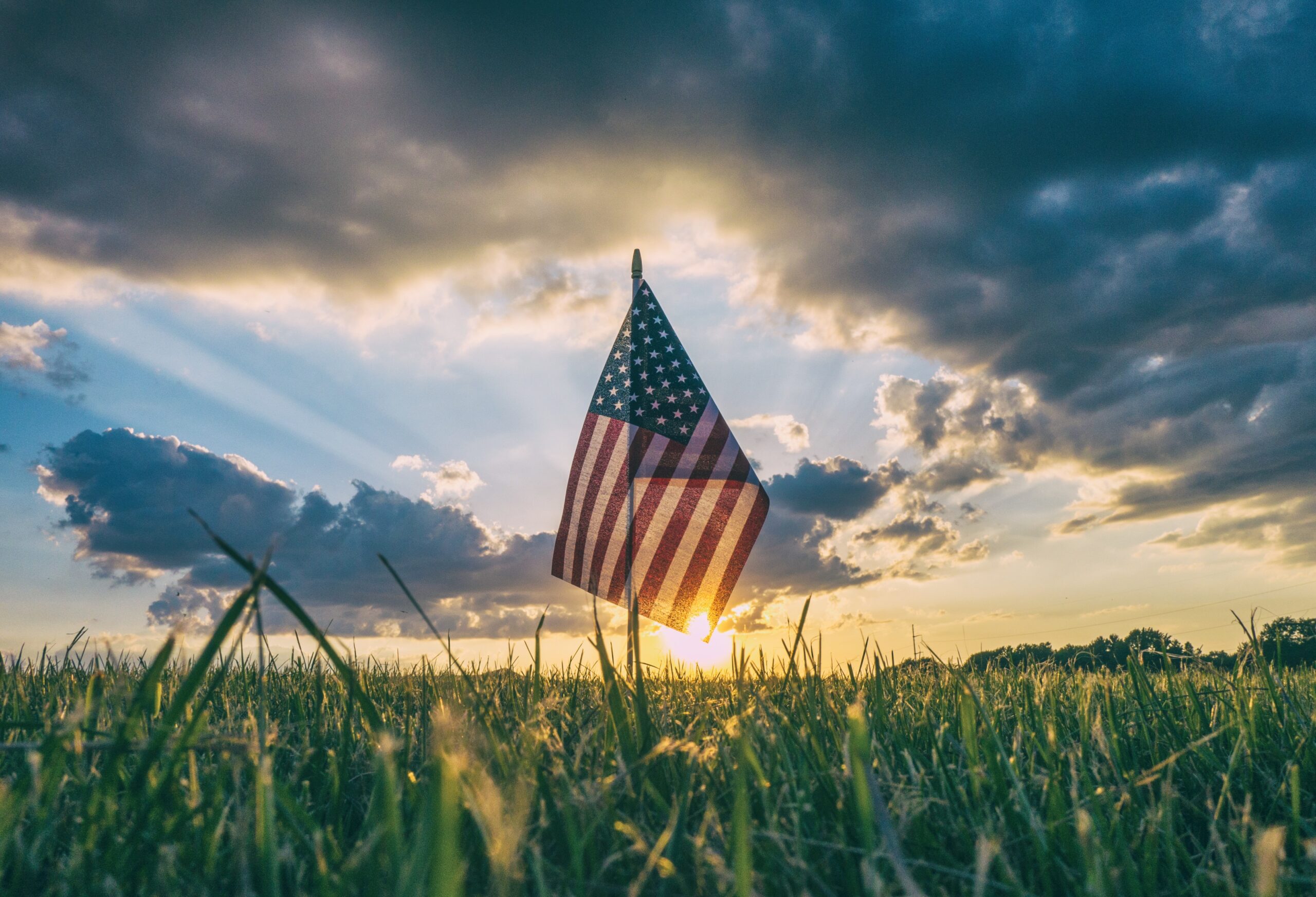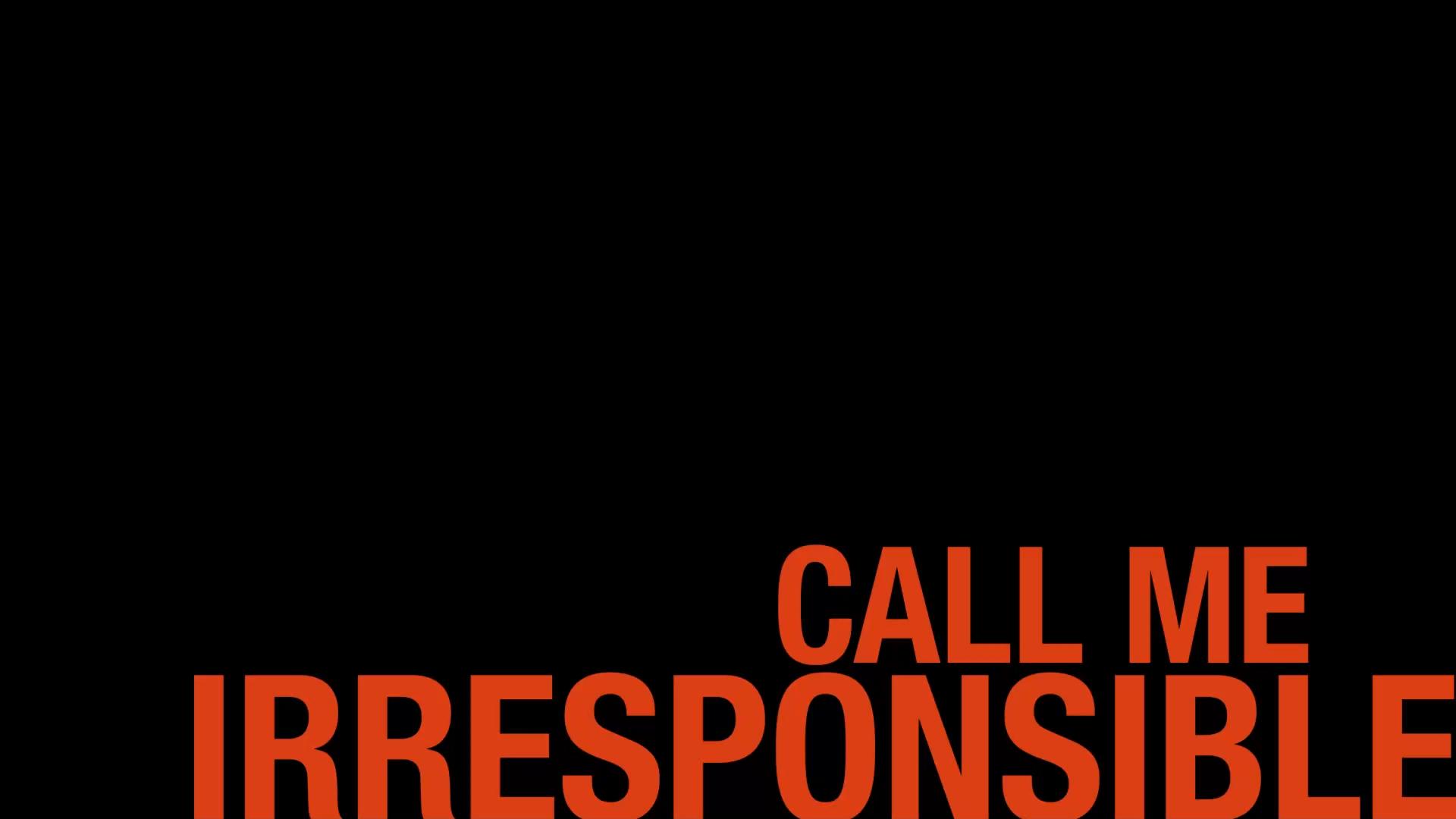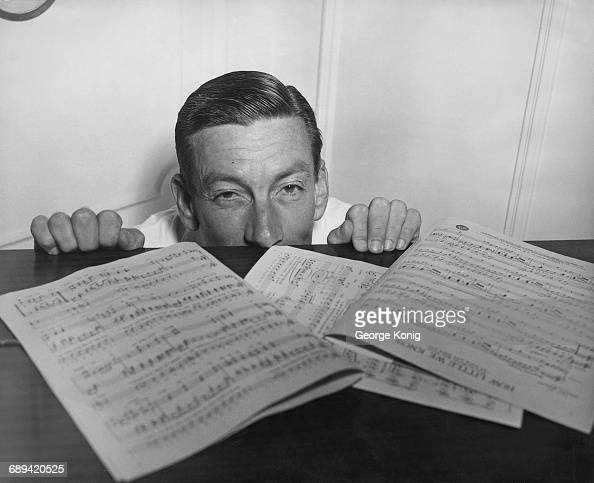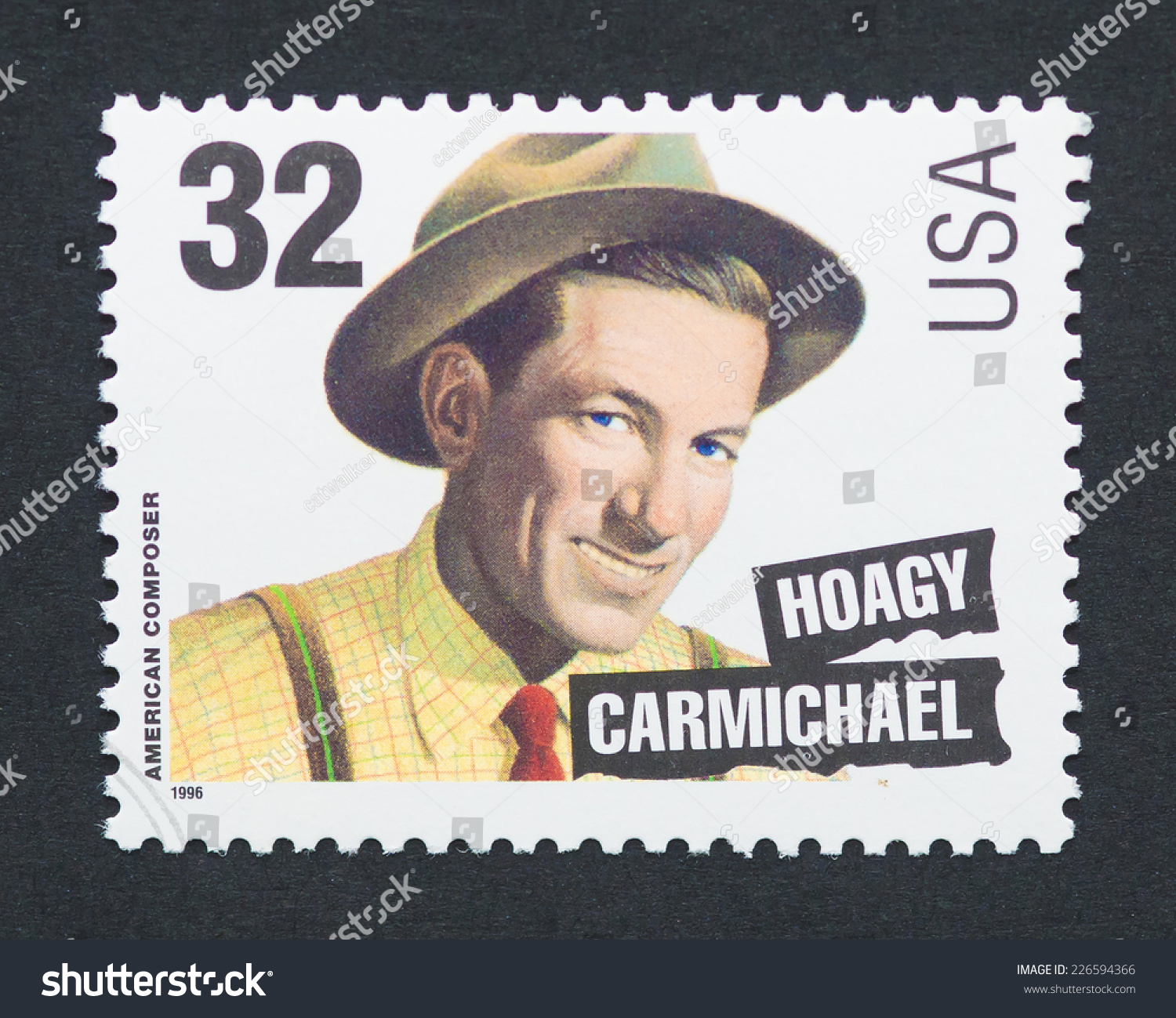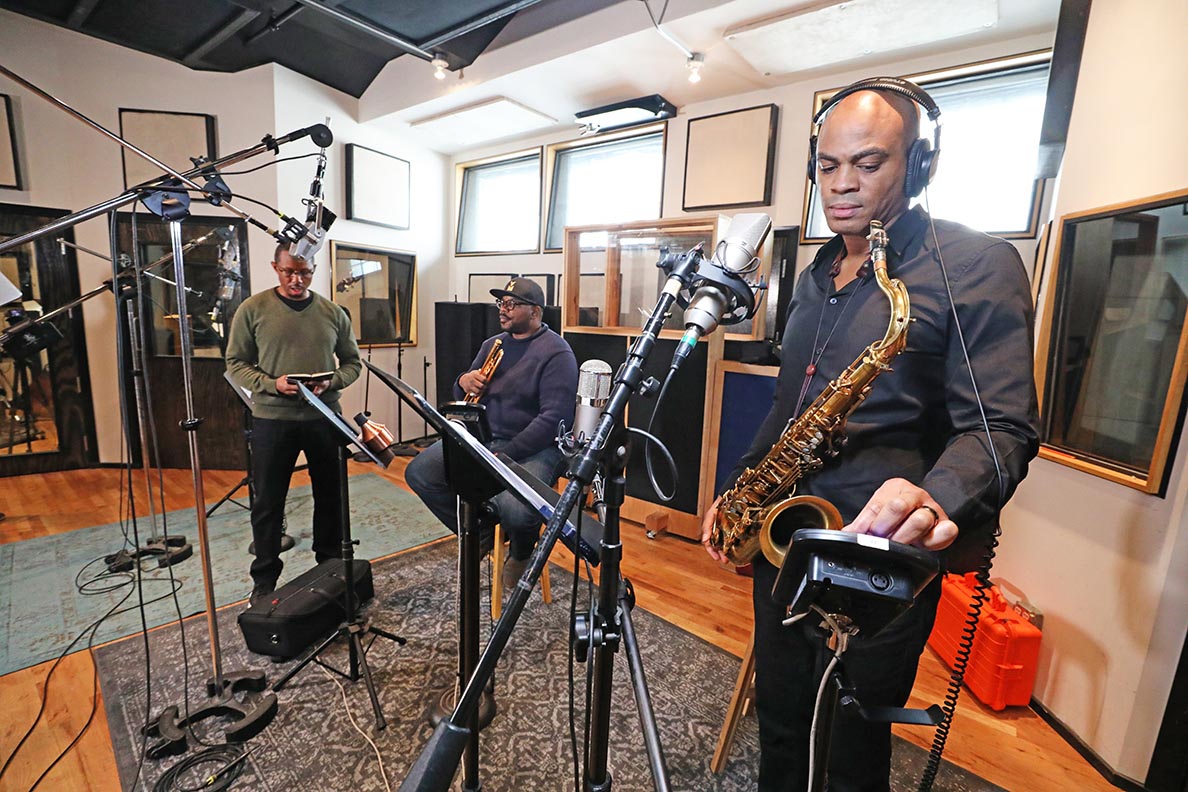How Are Jazz and Memorial Day Connected?
You might know that Memorial Day is a federal holiday that was established to remember and honor members of the U.S. armed forces who died while serving. But you might not know that Glenn Miller, legendary jazz bandleader, arranger, and trombone player, lost his life in an airplane accident while serving in the U.S. Army Air Forces during World War II.
Glenn Miller and His Orchestra was among the most popular and successful big bands when Miller enlisted in 1942 at age 38. In January 1943, Miller became Director of Bands for the Army Air Force Technical Training Command. He selected personnel for various AAF bands across the U.S. and recruited others for an elite orchestra. Two AAF orchestra units were established to record and broadcast radio shows from Hollywood, California, and New York City, with Miller leading the New York unit. Its members included musicians from leading jazz bands and symphony orchestras. Big Band music was the soundtrack of that era, and Glenn Miller was an inspiration to his fellow troops and the American people during the war.
In May 1944, before the D-Day invasion, General Dwight D. Eisenhower asked that Miller’s AAF unit be transferred to Europe to establish a combined allied radio broadcasting service. In July that same year, Miller and his 51-piece orchestra began broadcasting musical programs over the radio, under the supervision of the BBC. The orchestra also performed for the Voice of America’s European unit and made appearances, mainly at U.S. military bases. In late 1944, Miller and his commanding officer decided to relocate the orchestra from England to France. Miller hoped to arrive there ahead of his orchestra. He boarded a small military plane on December 15, and was reported as missing three days later. His body was never recovered.
Glenn Miller was awarded the Bronze Star Medal posthumously in February 1945. A memorial headstone for the famed musician was placed in Arlington National Cemetery almost 50 years after his death. Miller’s music remains wildly popular even today, and even had three recordings posthumously inducted into the Grammy Hall of Fame, which honors recordings that are at least 25 years old and that have “qualitative or historical significance.” Those works were “Moonlight Serenade”, “Chattanooga Choo Choo”, and “In the Mood”.
Other famous jazz musicians who served during World War II include Dave Brubeck, Paul Desmond, Tony Bennett, and John Coltrane. Brubeck was drafted into the U.S. Army in August 1942. He trained as a sharpshooter and was sent to France aboard the SS George Washington troopship. He was supposed to join General George Patton’s Third Army, but fate intervened when some visitors from the Red Cross arrived at the base. Brubeck offered to entertain the visitors by playing piano and the commander was so impressed with his talent that he asked the young pianist to stay behind and entertain the troops. Brubeck formed a band called the Wolf Pack, which eventually had 18 members. Some of the musicians had seen combat and been awarded the Purple Heart. Unlike most of the military bands during that era, the Wolf Pack Band was integrated. Brubeck met alto saxophonist Paul Desmond in 1944, and the two musicians were reunited after the war, when Desmond became a member of the Dave Brubeck Quartet.
If you like the Big Band style of jazz music, be sure to check out Night is Alive’s diverse set of albums. World-class jazz musicians perform your favorite classics as well as new compositions that hearken back to that standard swing style in a refreshing way. My Ship in particular includes nine contrasting tracks that each convey their own unique emotion.
To all veterans and current members of the U.S. Armed Forces, thank you for your service.
